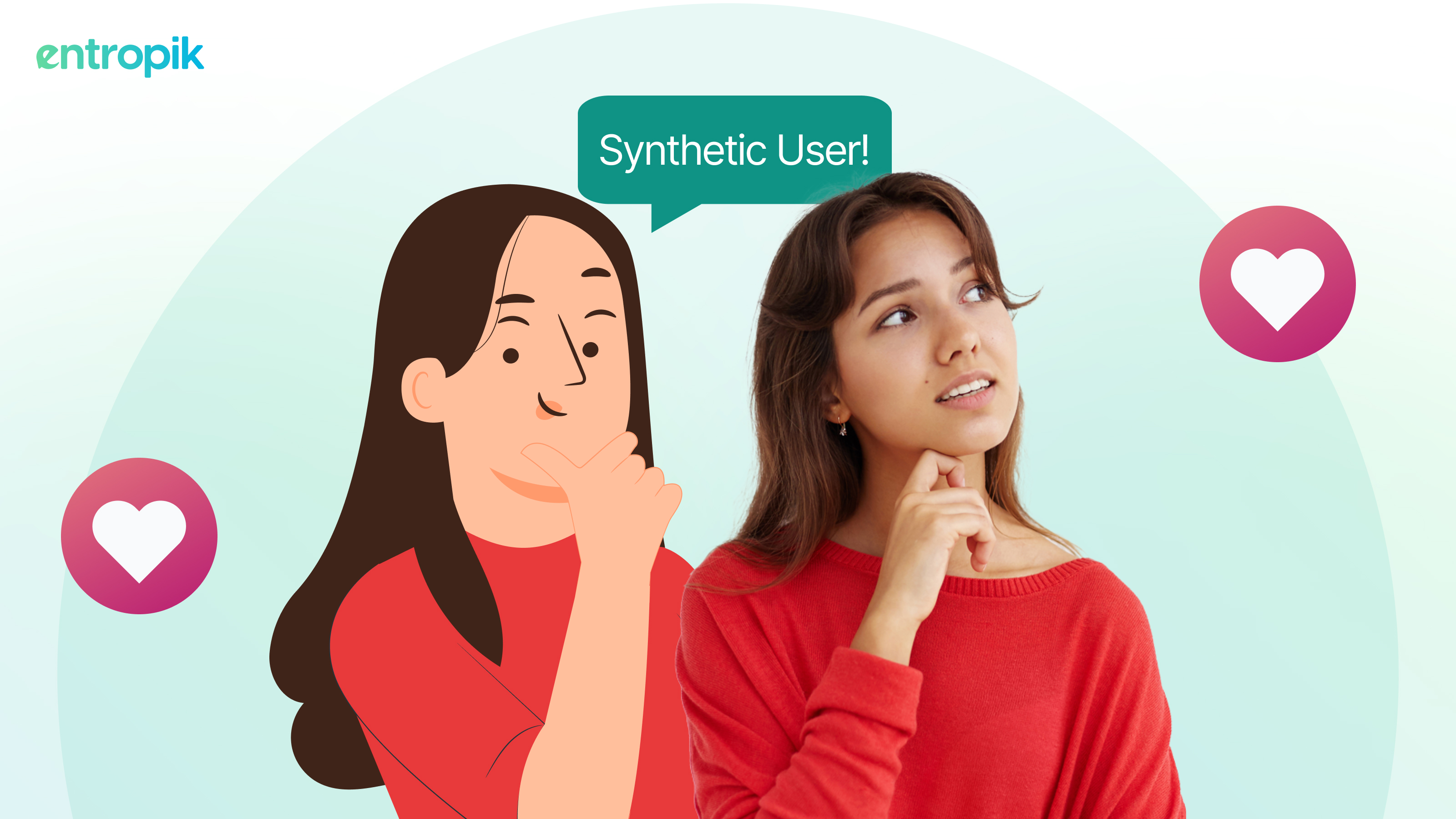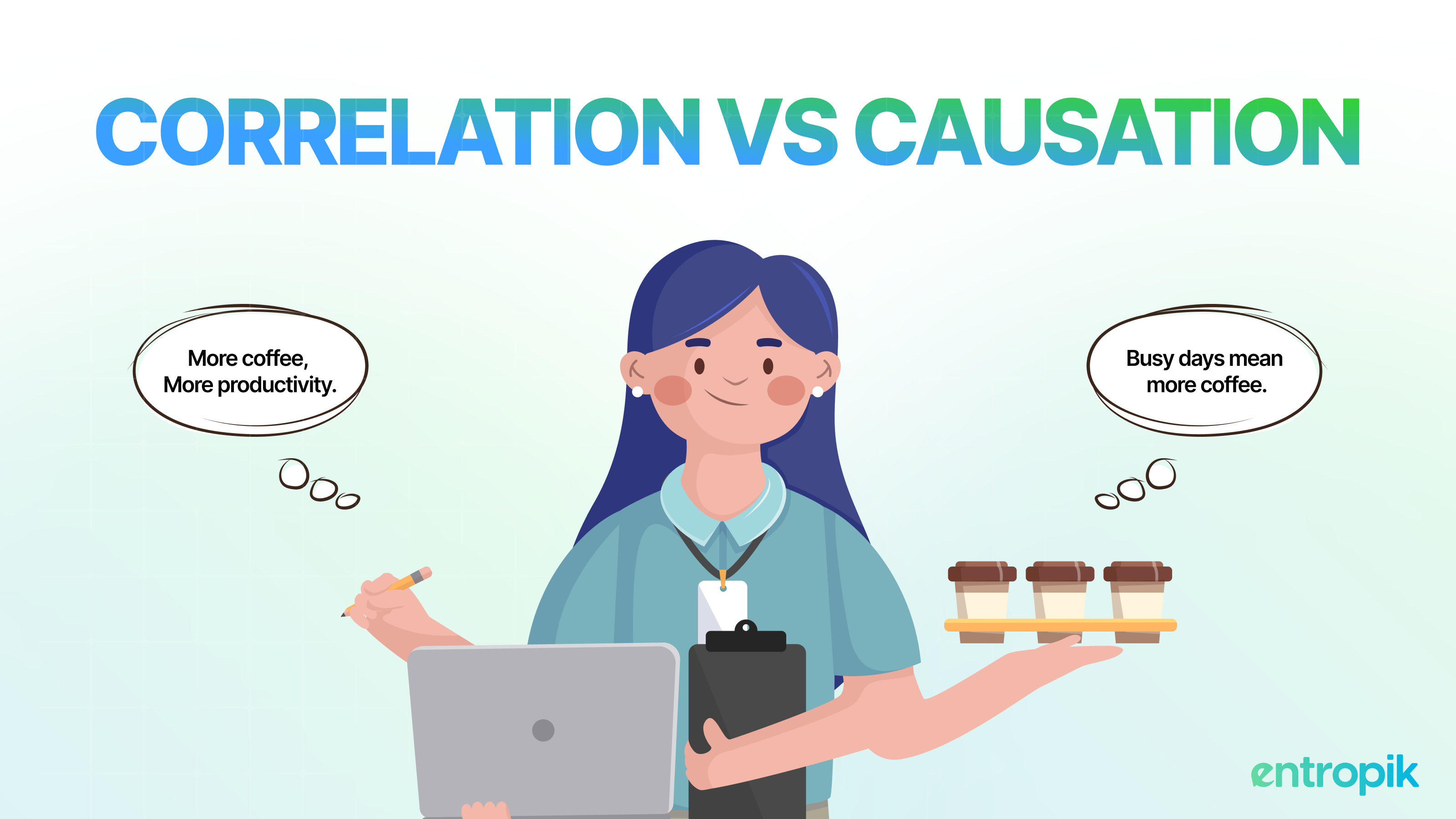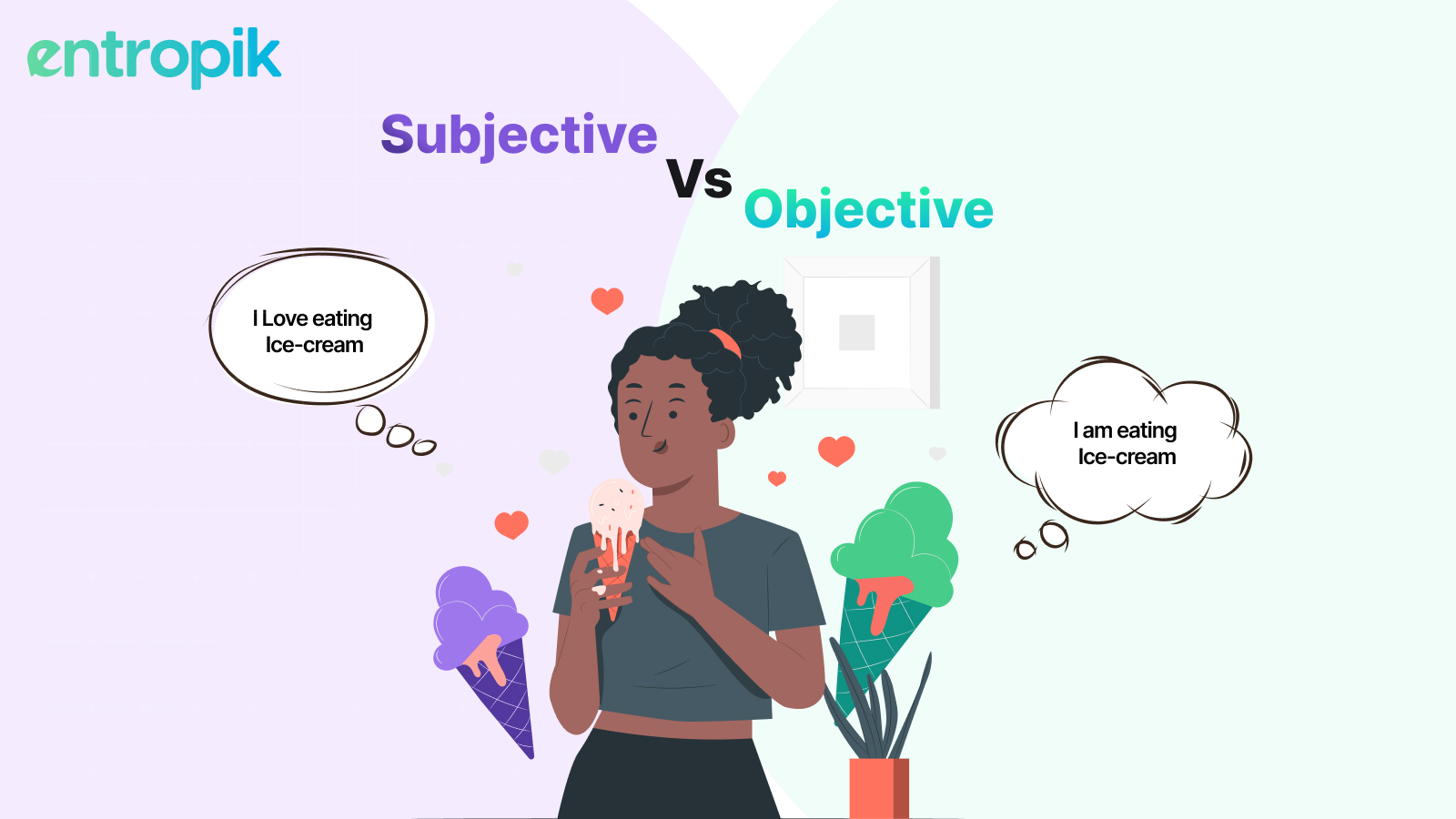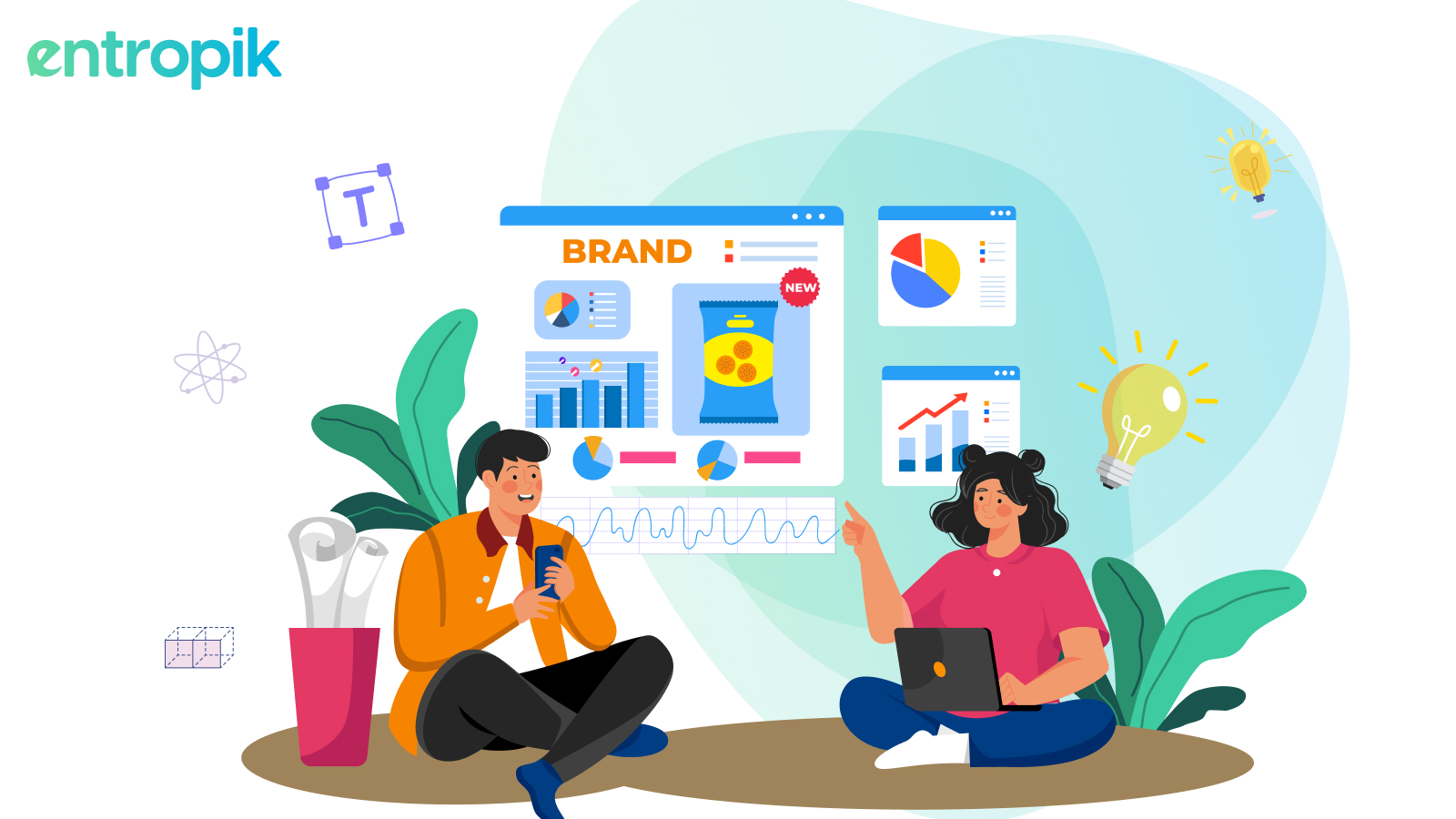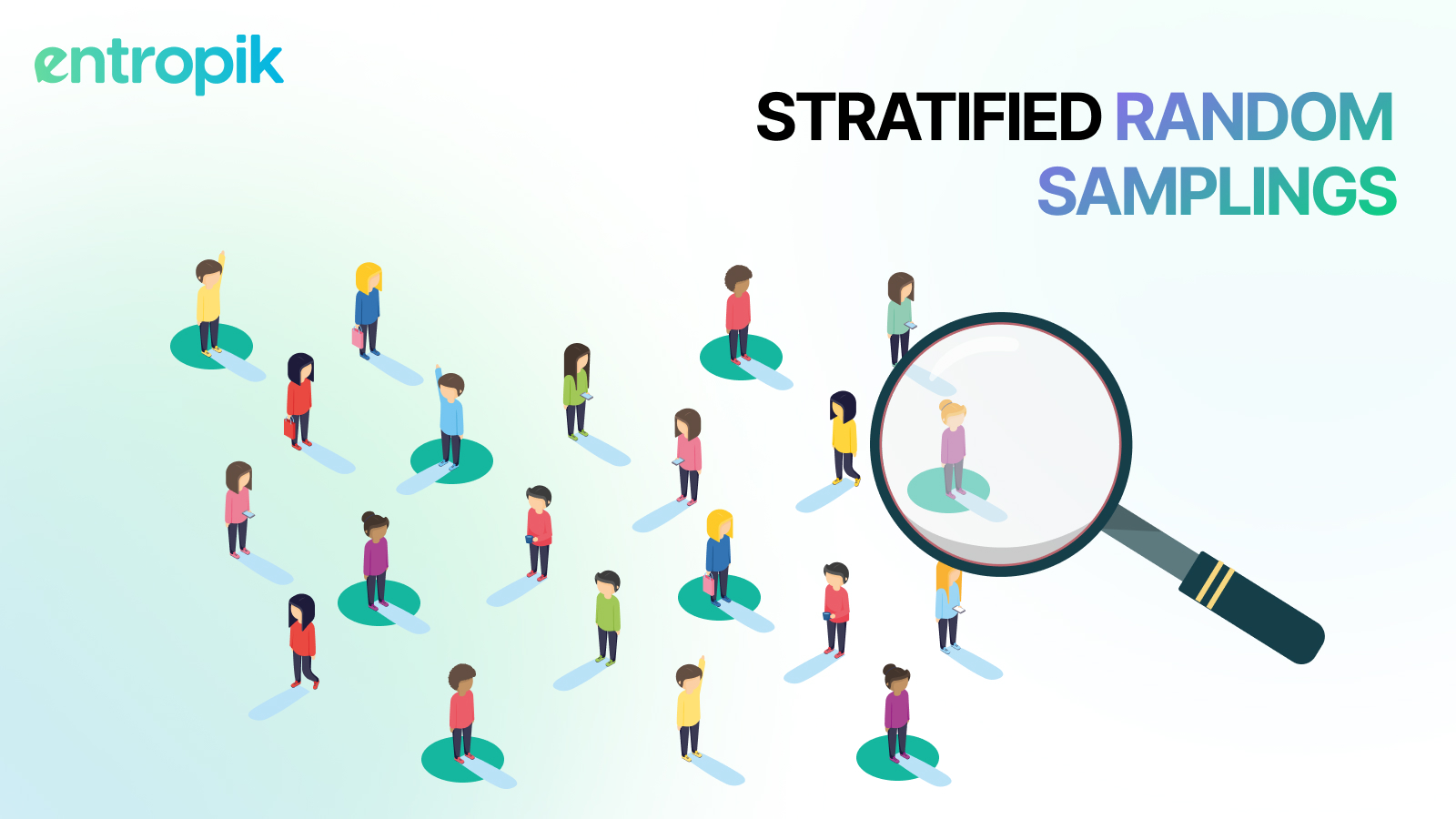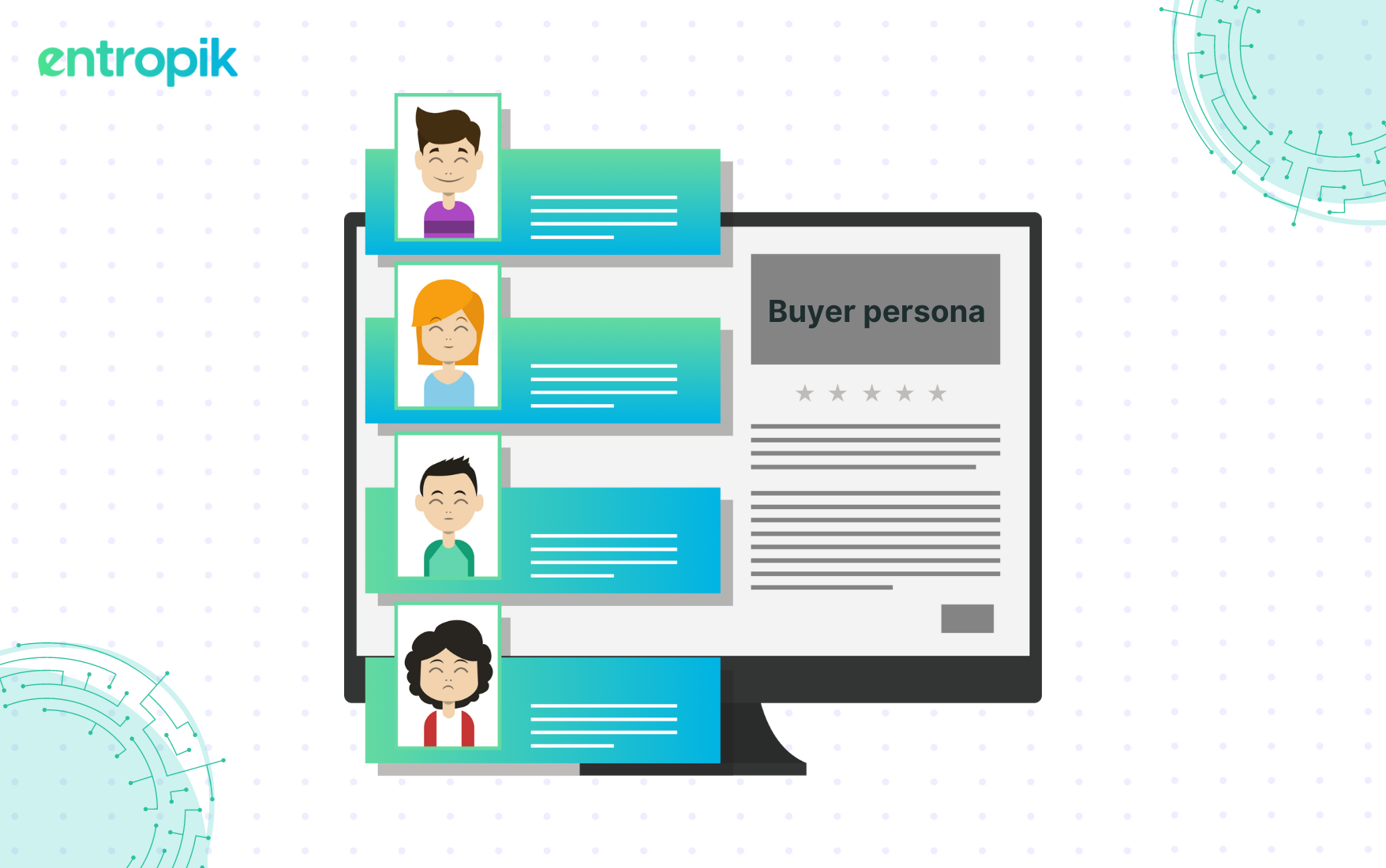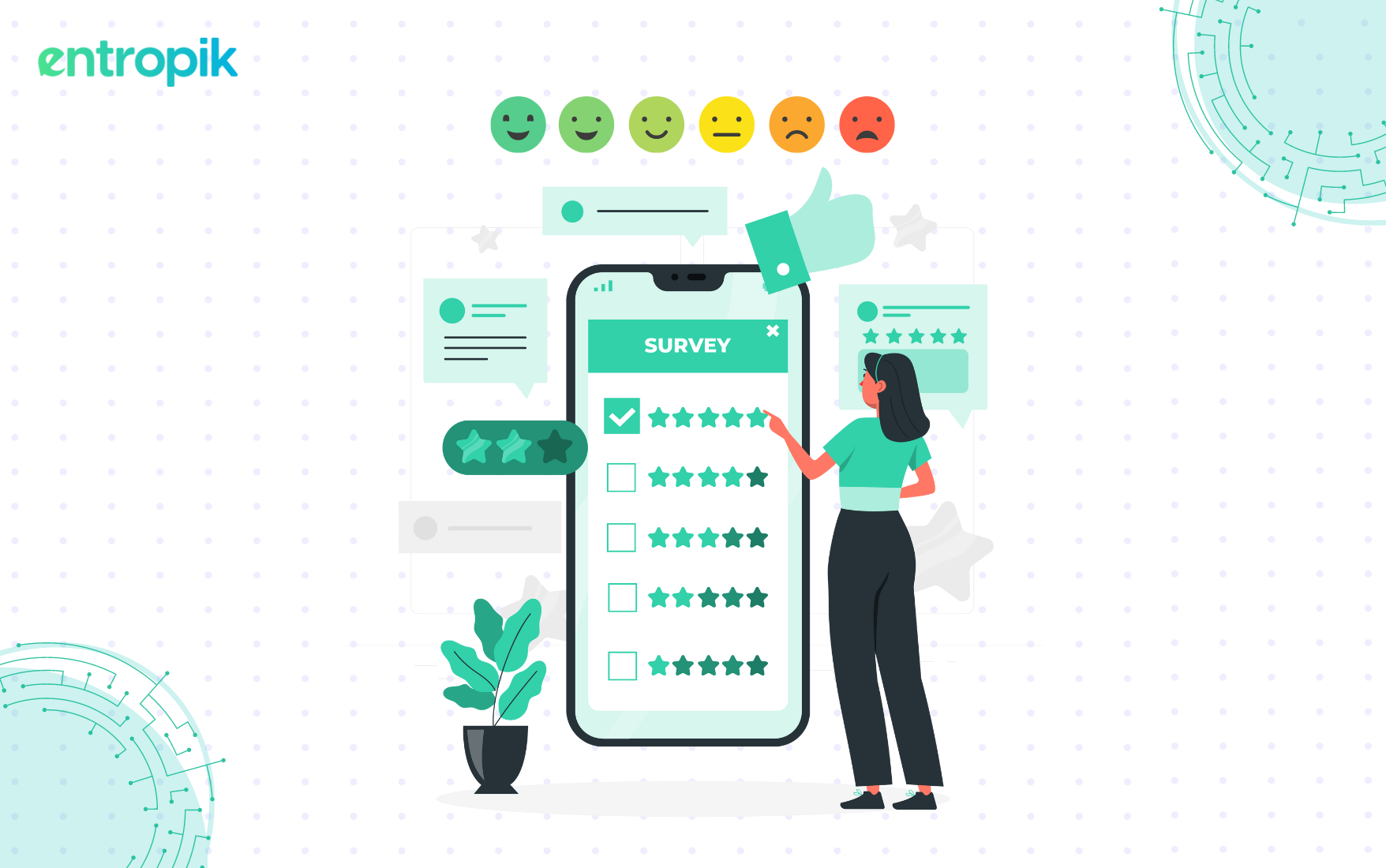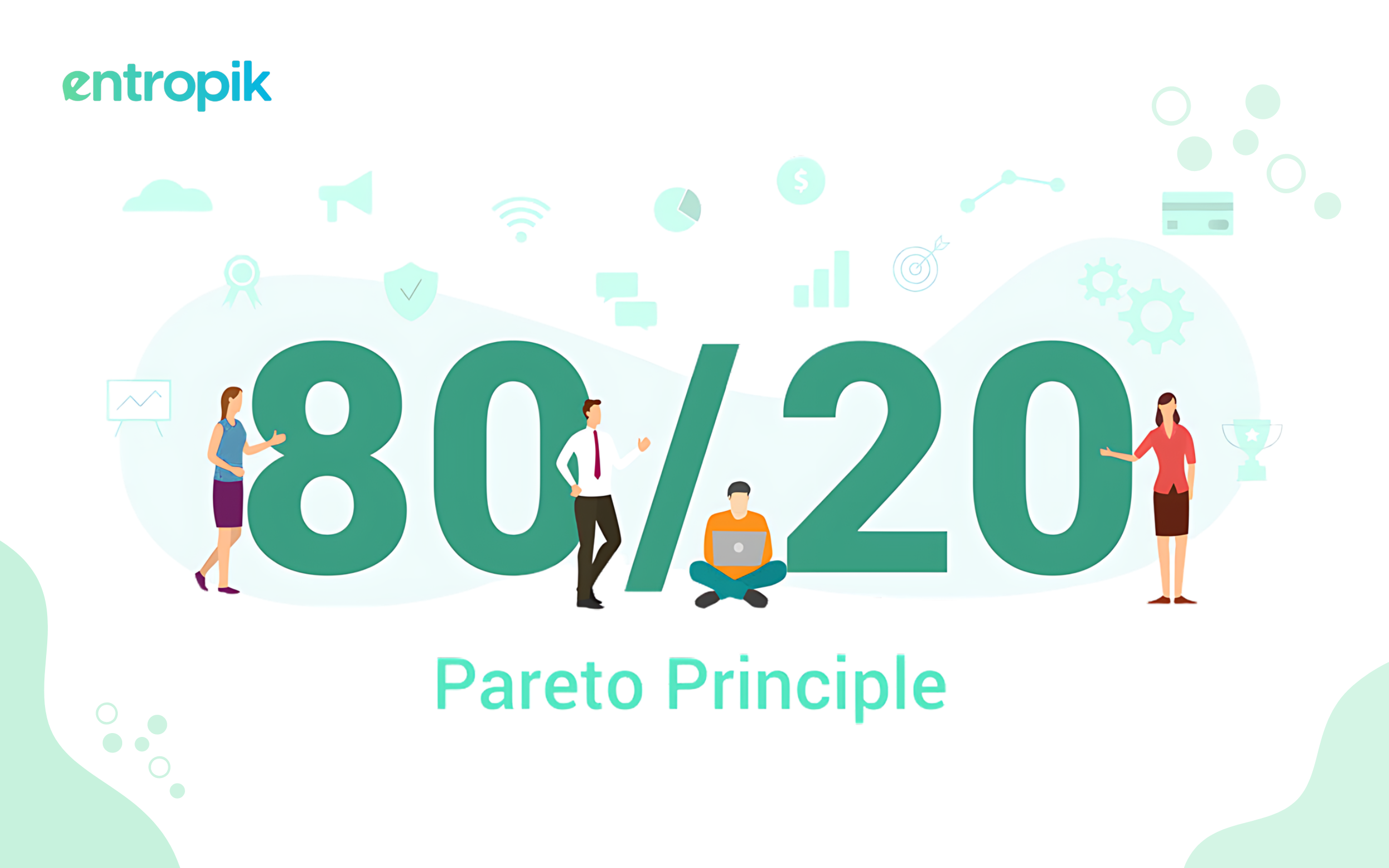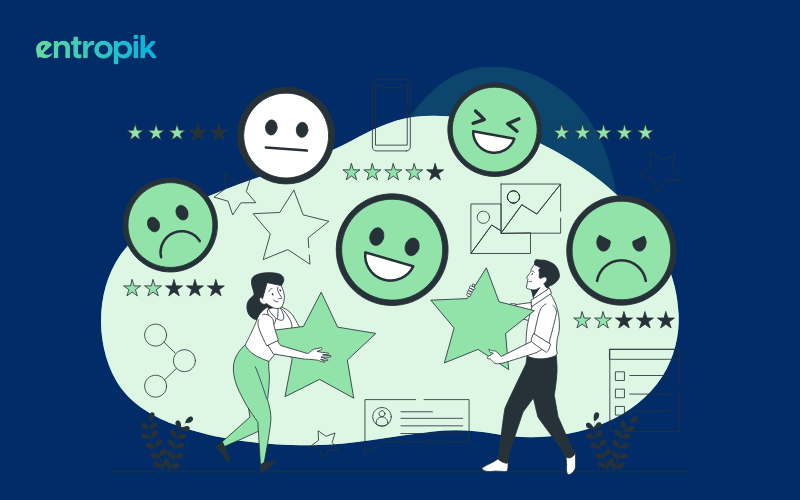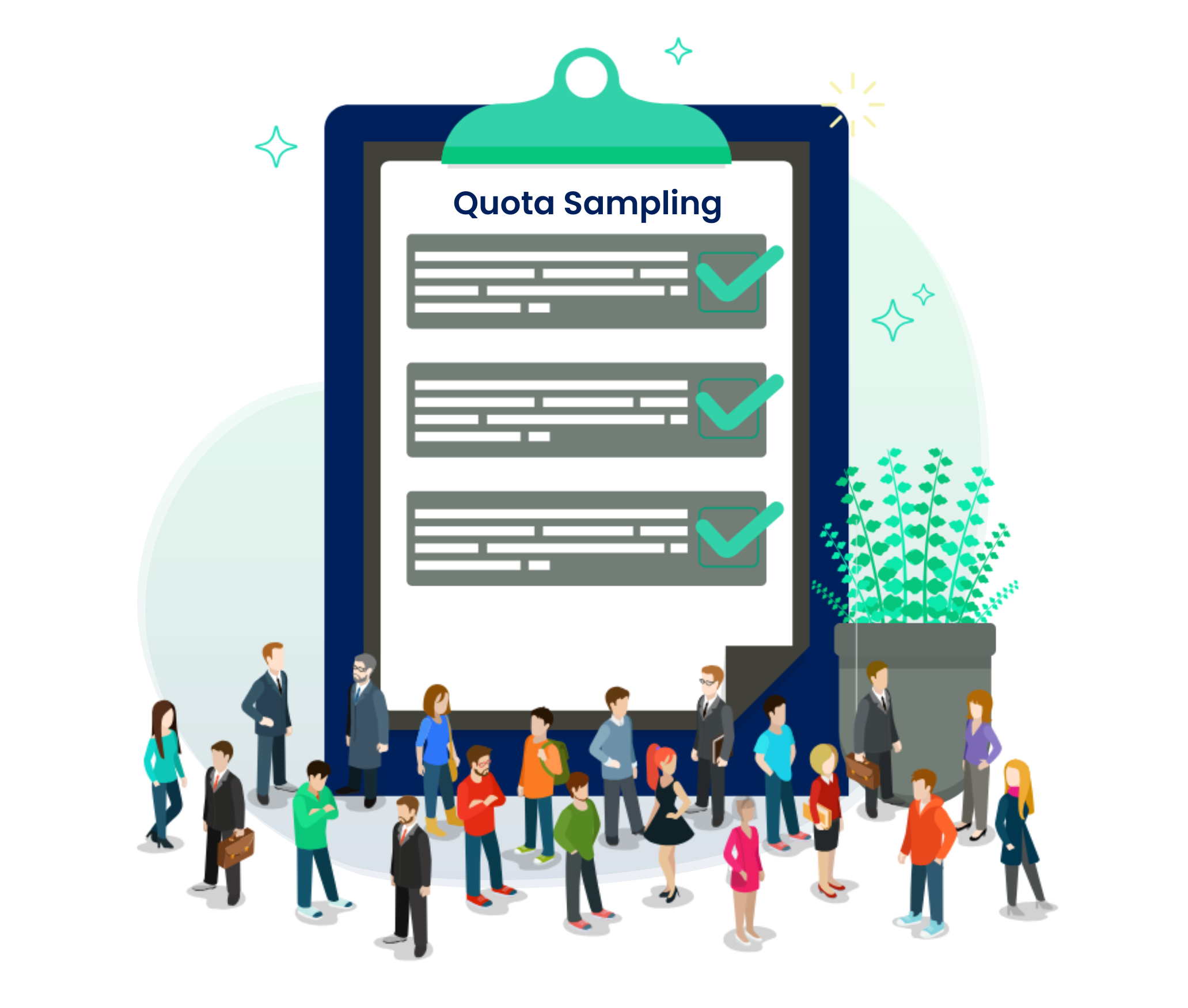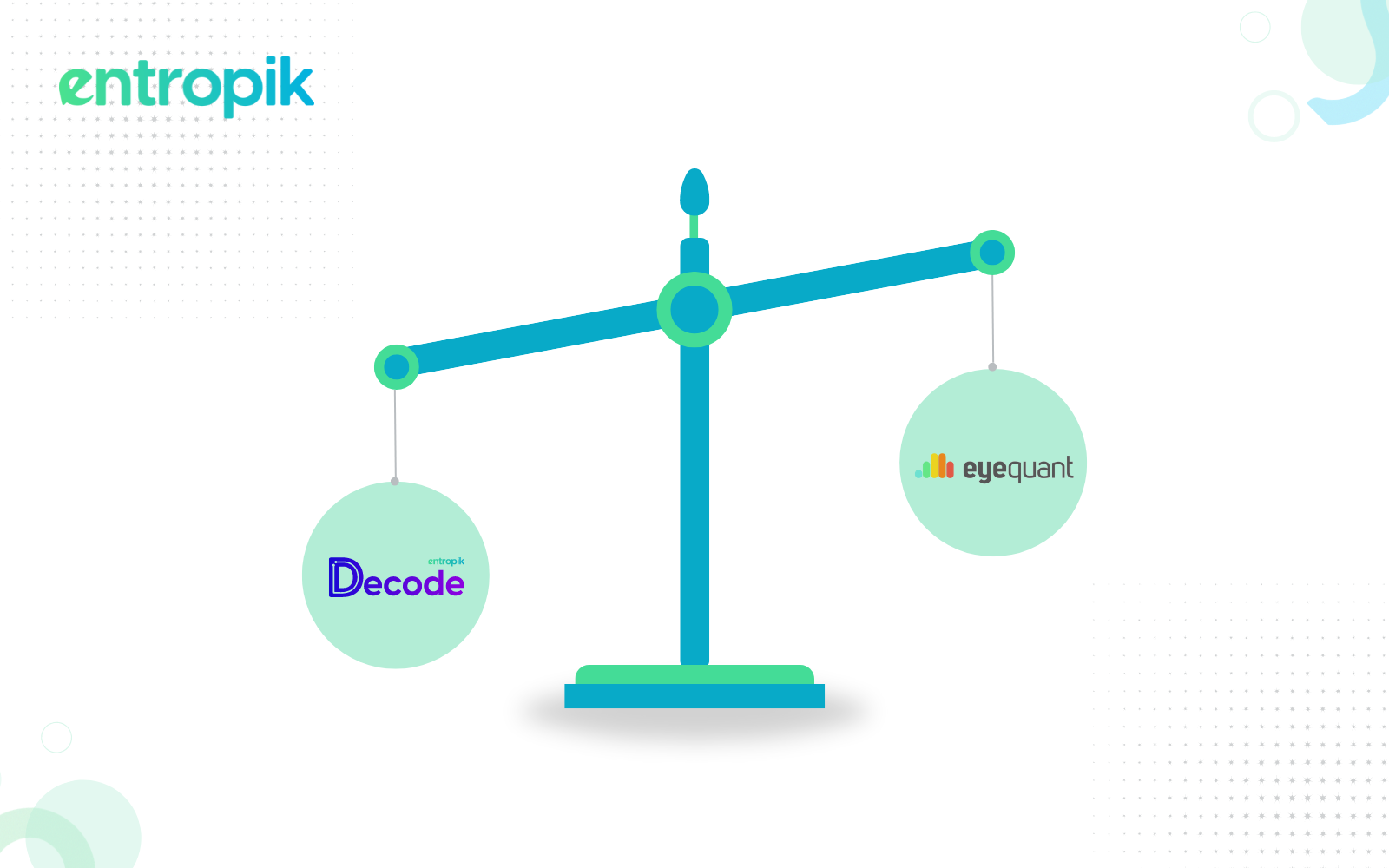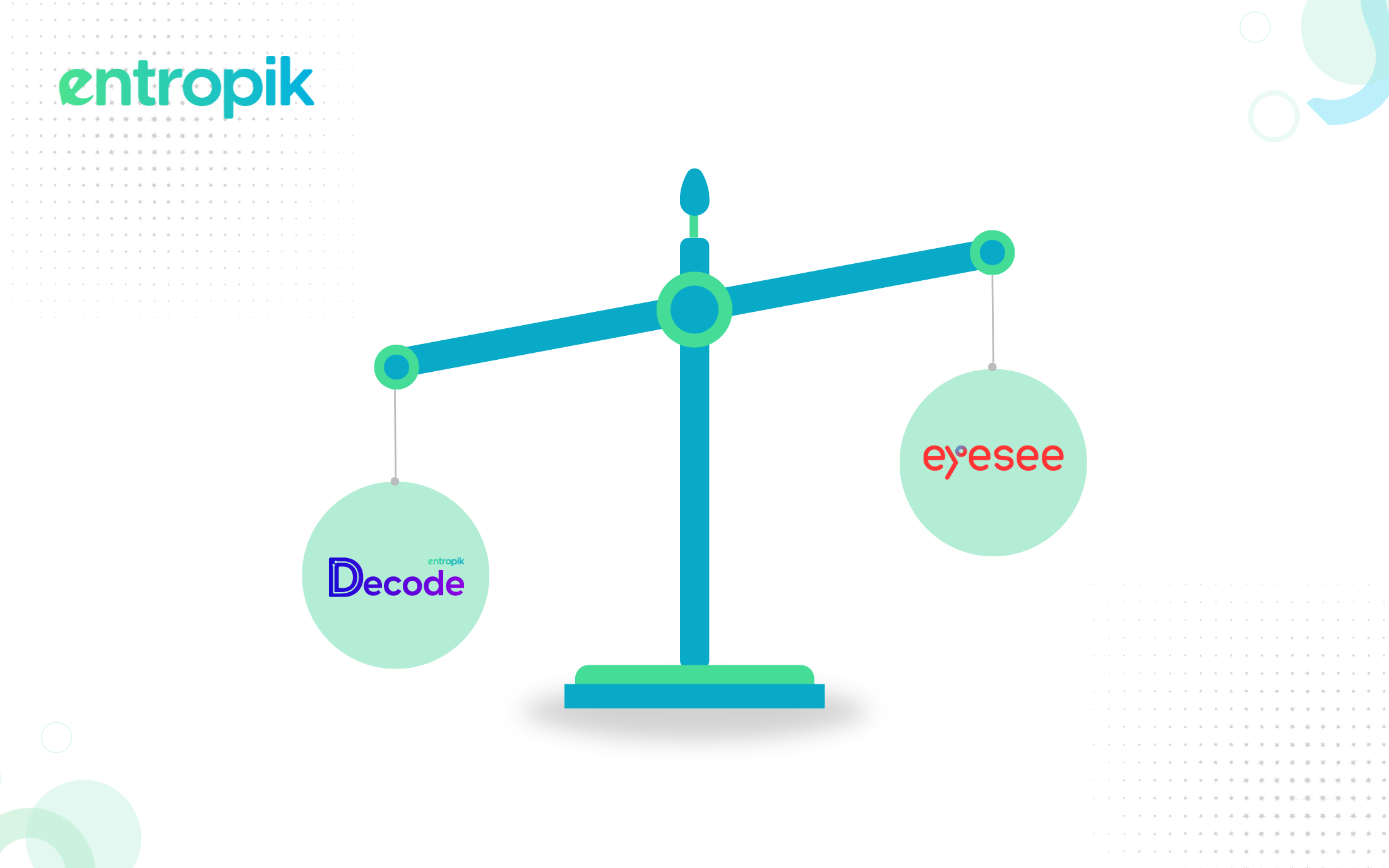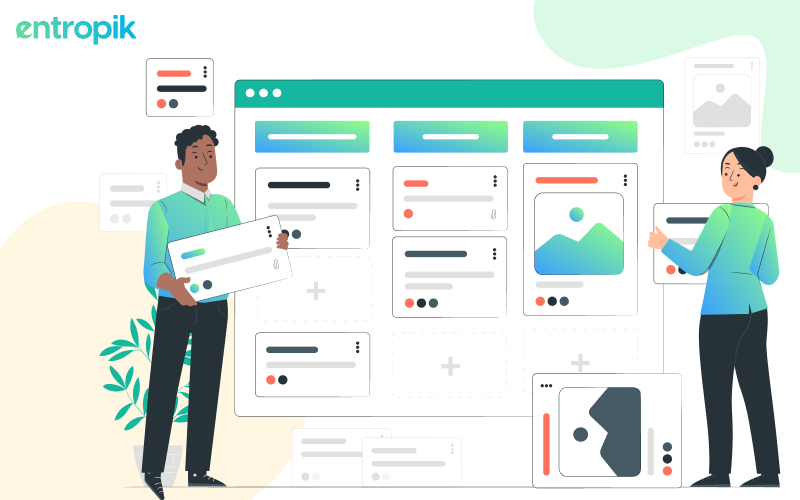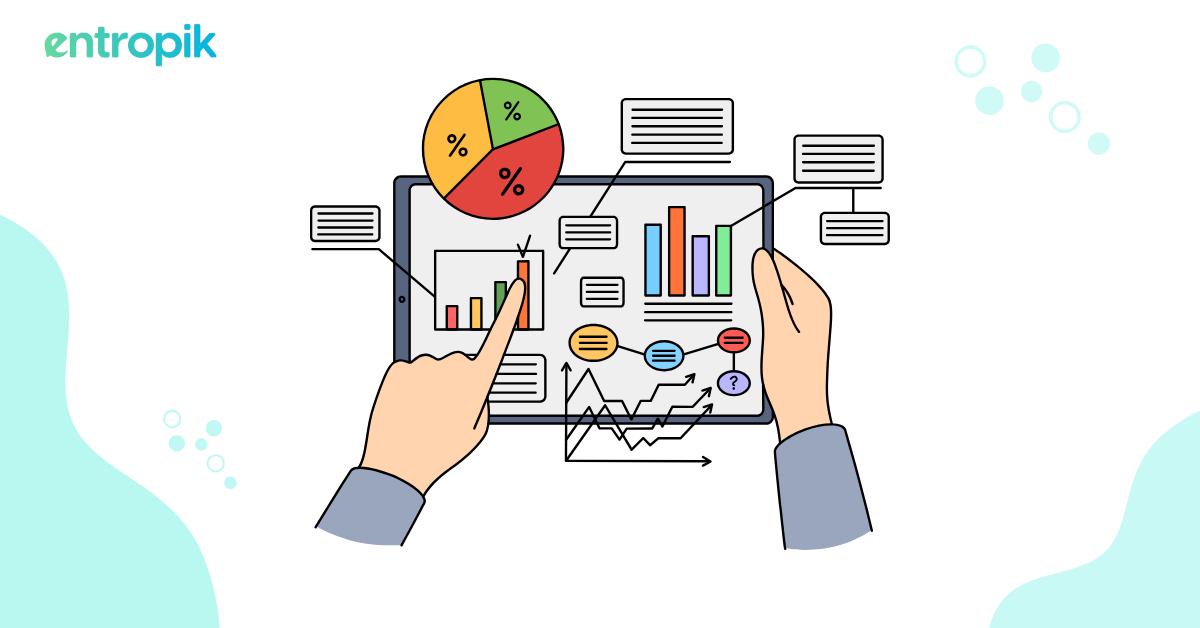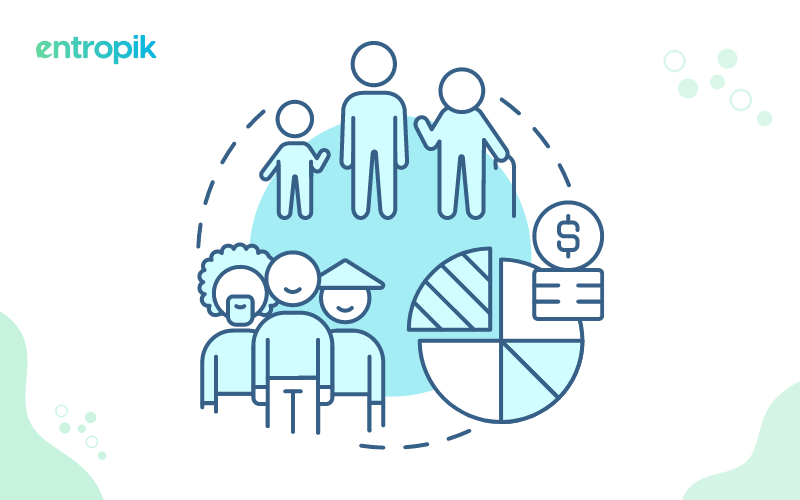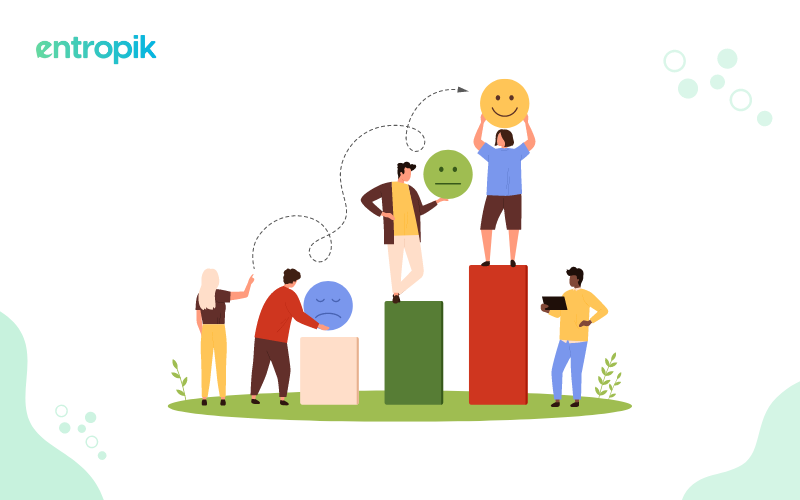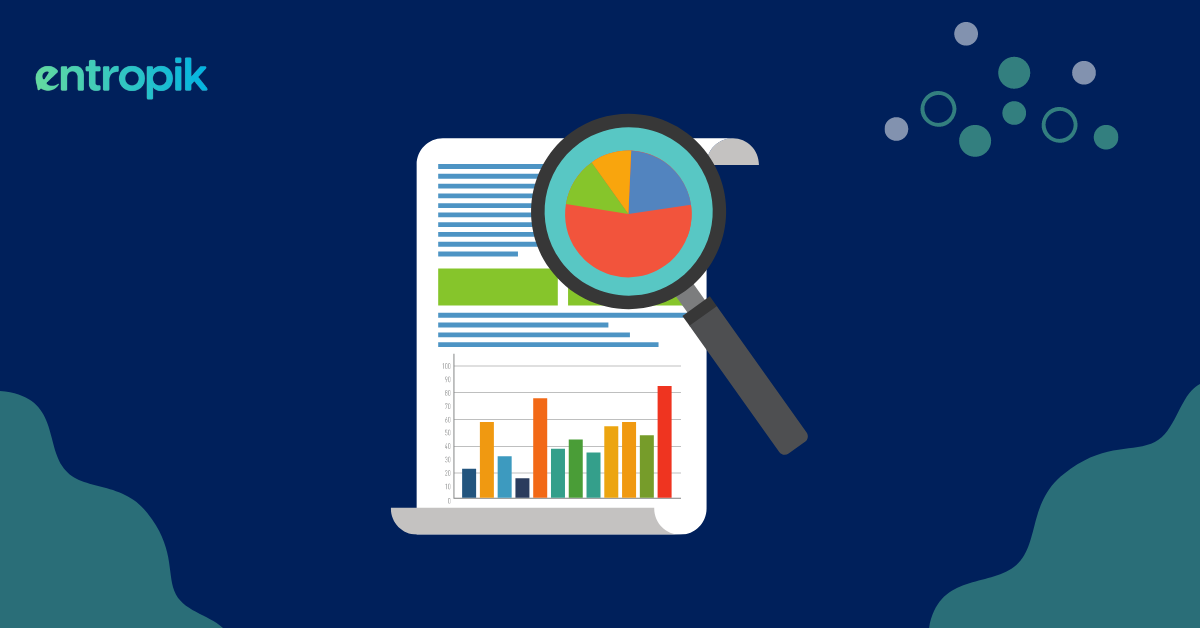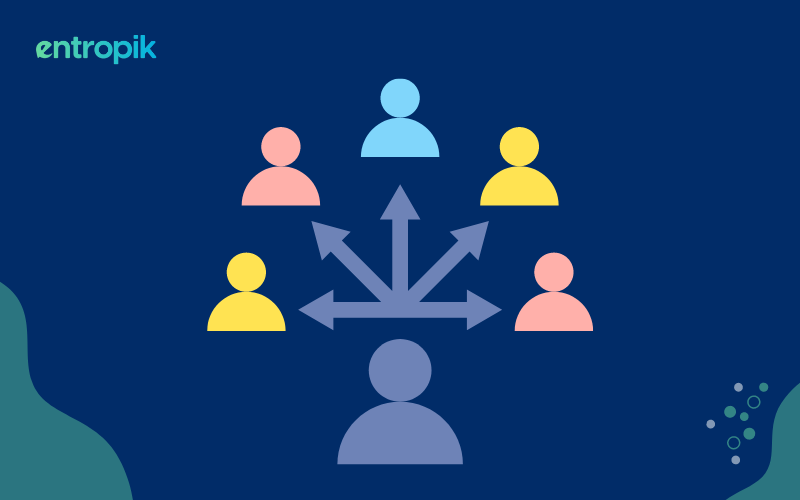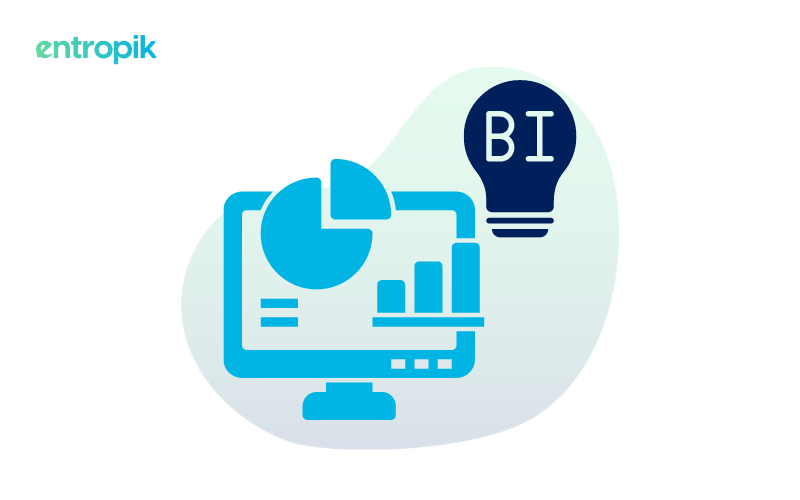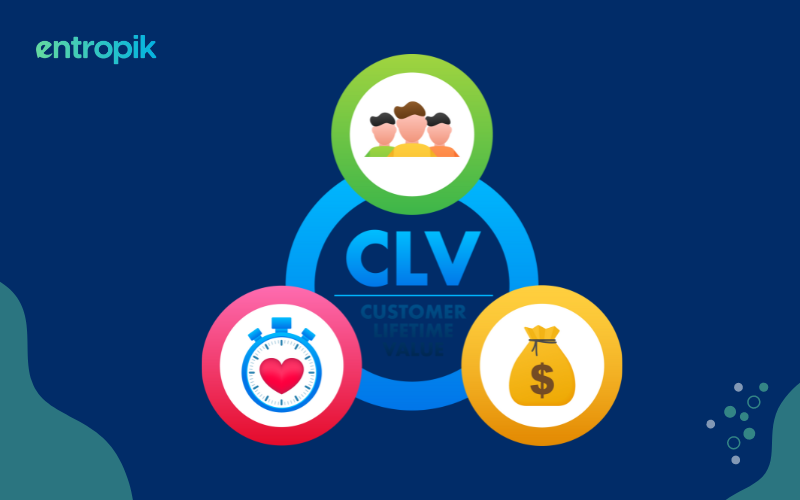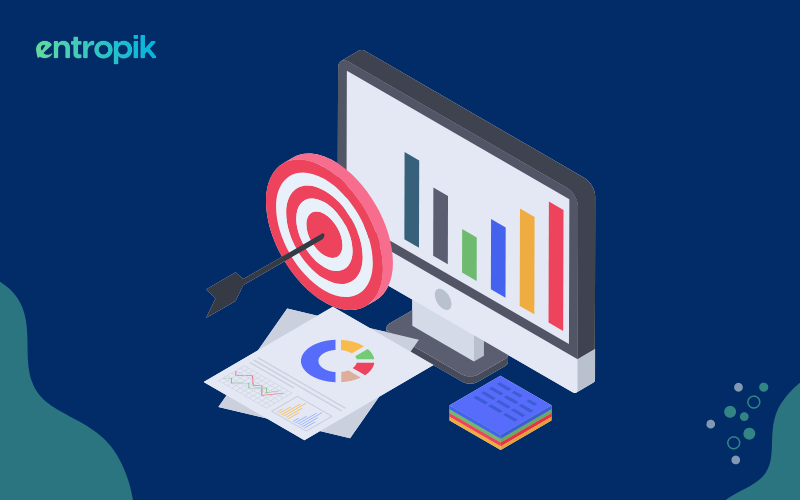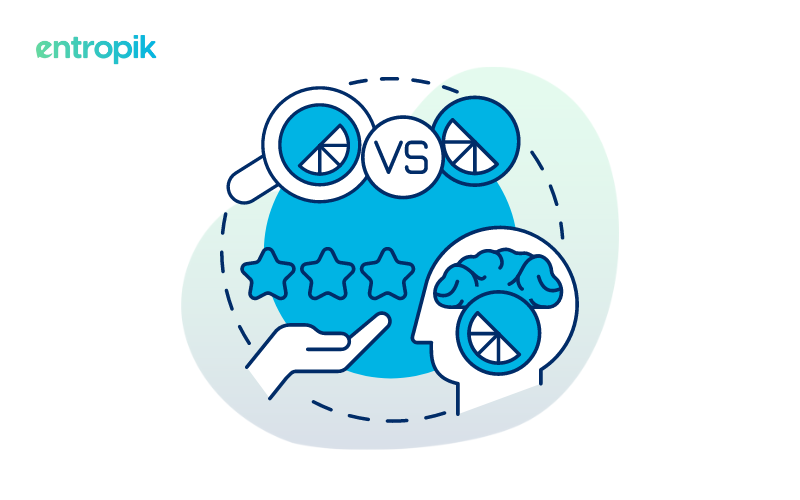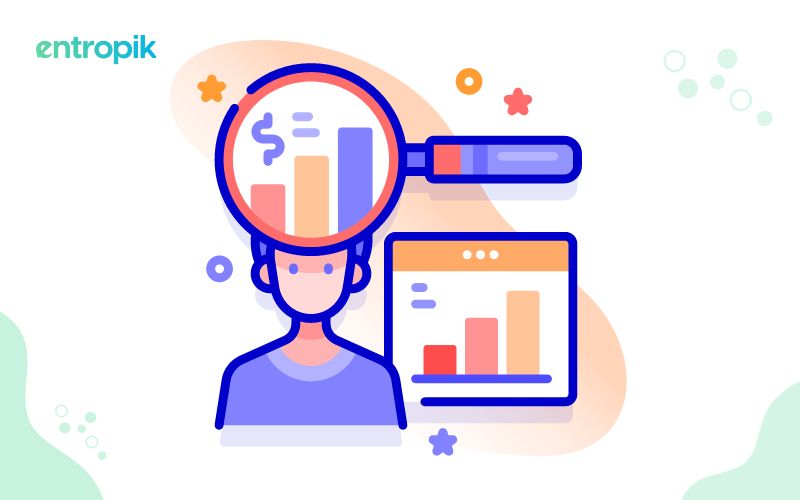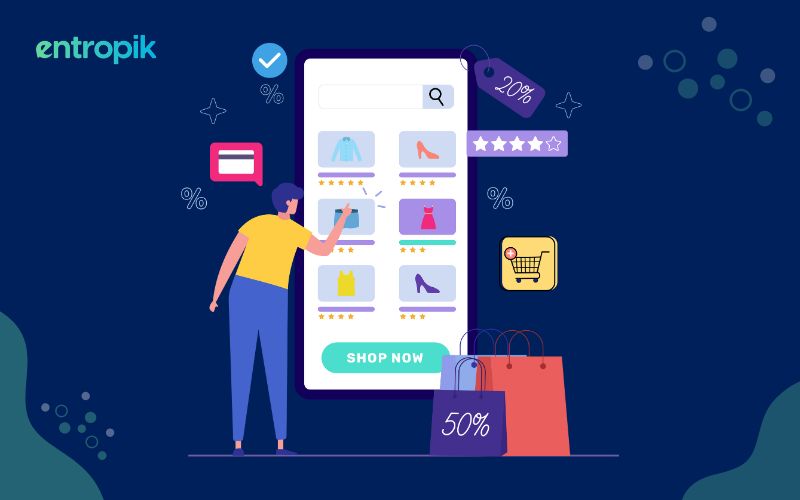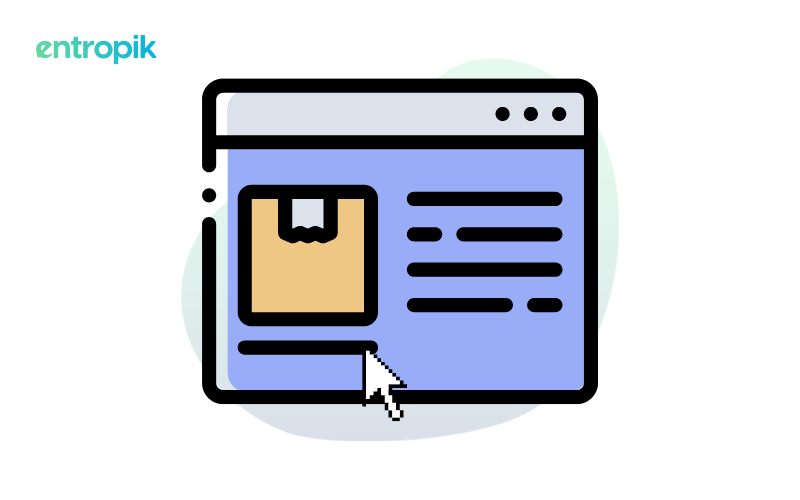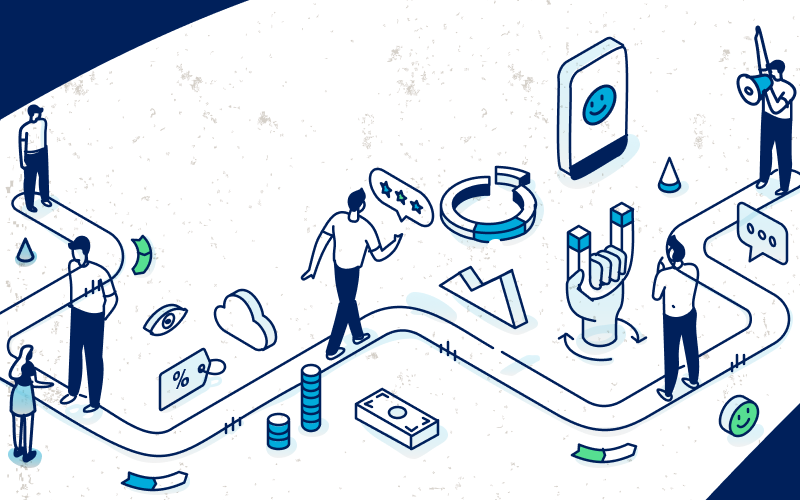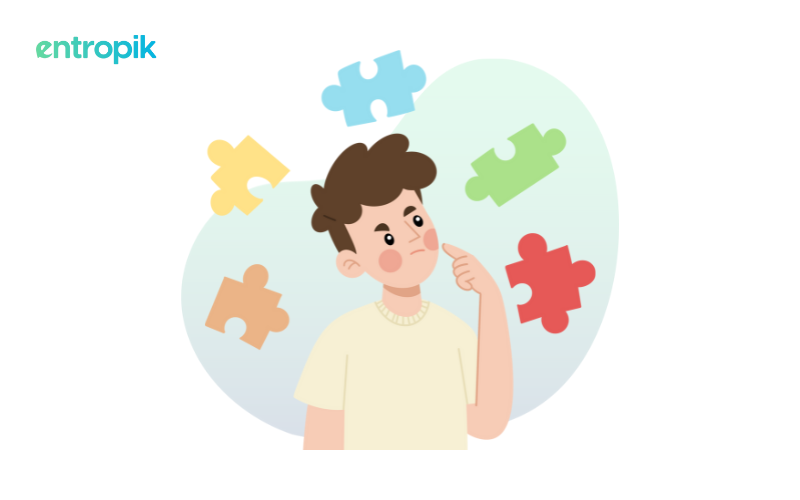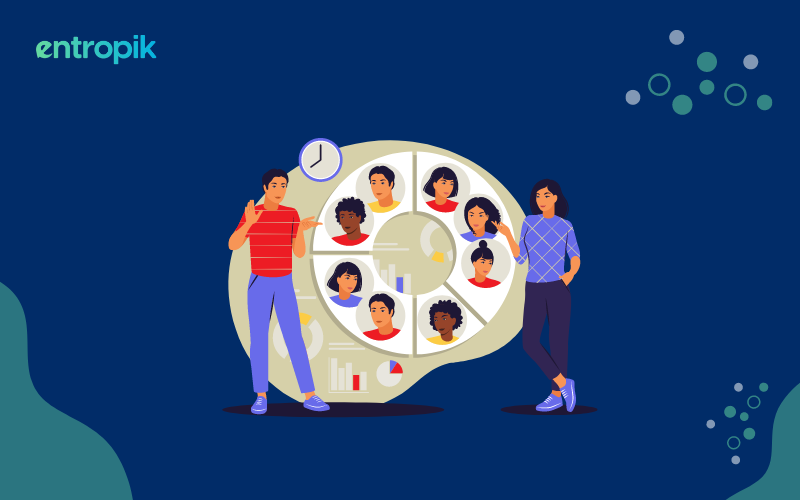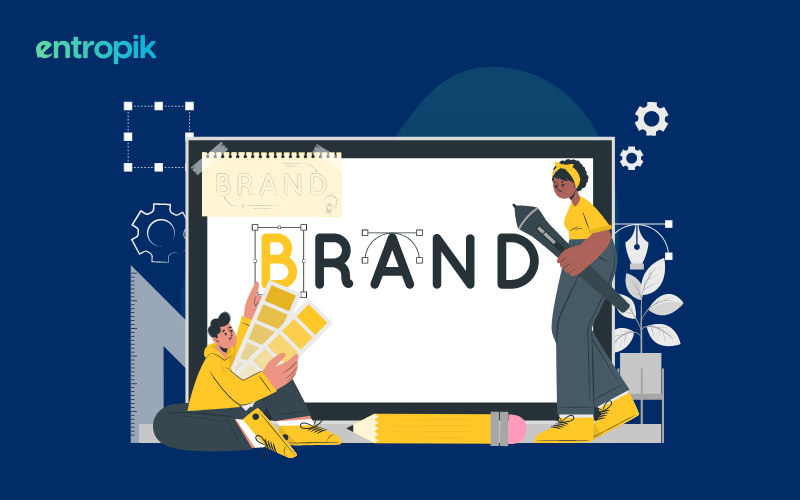Consumer behavior is always changing in today’s world, so businesses must delve deeper than ever to truly understand their customers. This is where critical thinking comes into play—a powerful tool that can transform consumer research from a mere collection of data points into a wellspring of actionable insights. Today, we explore critical thinking, its significance in consumer research, and how Decode, an integrated consumer research platform with Insights AI, revolutionizes the field.
What is Critical Thinking?
Critical thinking means analyzing all data before considering known and subconscious biases. It involves using credible sources, evaluating arguments, considering alternate views, and testing hypotheses. It is a disciplined process of actively analyzing, evaluating, and synthesizing information gathered from observation, experience, reflection, or communication. It's about making reasoned judgments that are logical and well thought out.
Why is Critical Thinking Important?
Critical thinking is essential because it fosters rational and objective decision-making. It is crucial across various disciplines, from science to the humanities, and is key for information literacy, enabling individuals to think independently without media or popular biases.
Critical thinking is a crucial skill in consumer research, enabling businesses to derive deeper insights and make informed decisions. Here’s why critical thinking is so important in this field:
Uncovering True Consumer Needs
Critical thinking allows researchers to look beyond surface-level data and understand the real motivations and needs of consumers. Rather than just accepting what customers say at face value, critical thinking involves questioning, analyzing, and synthesizing information to uncover deeper insights. This deeper understanding helps businesses create products and services that truly meet consumer needs.
Improving Data Analysis
In consumer research, data comes from various sources—surveys, social media, sales figures, and more. Critical thinking helps researchers evaluate the quality and relevance of this data, identify patterns, and draw accurate conclusions. This thorough analysis ensures that businesses make decisions based on reliable and comprehensive information.
Enhancing Decision Making
Critical thinking is essential for making informed and strategic business decisions. By critically evaluating all available information, businesses can weigh the pros and cons of different options, predict potential outcomes, and choose the best course of action. This reduces the risk of errors and increases the likelihood of success.
Identifying and Avoiding Biases
Biases can skew research findings and lead to poor business decisions. Critical thinking helps researchers recognize their own biases and those present in their data sources. By being aware of these biases, researchers can take steps to mitigate their impact and ensure more objective and accurate results.
Predicting Future Trends
Critical thinking enables researchers to analyze historical data and current trends to make informed predictions about future consumer behavior. This foresight is invaluable for businesses planning new products, marketing strategies, or market expansions. Anticipating changes in consumer preferences allows companies to stay ahead of the competition.
Generating Innovative Solutions
Critical thinking fosters creativity and innovation. By challenging assumptions and exploring different perspectives, researchers can come up with novel ideas and solutions. This is particularly important in consumer research, where understanding and meeting evolving consumer demands require innovative approaches.
Effective Problem Solving
Consumer research often involves identifying and solving problems, such as why a product isn't performing well or how to improve customer satisfaction. Critical thinking equips researchers with the skills to systematically analyze problems, consider various solutions, and implement the most effective ones.
Enhancing Communication
Critical thinking also improves communication skills. Researchers need to present their findings clearly and persuasively to stakeholders. By critically evaluating and organizing their data, researchers can create compelling narratives that effectively convey the insights and recommendations derived from their research.
Characteristics of Critical Thinking in Consumer Research
Critical thinking is a vital skill in consumer research, allowing researchers to analyze data more effectively, make informed decisions, and develop deeper insights into consumer behavior. Here are the key characteristics of critical thinking in this context:
Curiosity
Critical thinkers possess a natural curiosity and a desire to explore new ideas. In consumer research, this means being interested in understanding why consumers behave the way they do and constantly seeking new information and perspectives.
Skepticism
A healthy skepticism is essential for critical thinking. Researchers should not accept information at face value but instead, question the validity and reliability of data sources. This involves critically evaluating the methodology, sample size, and potential biases in the data.
Open-Mindedness
Being open-minded means being willing to consider different viewpoints and alternatives. In consumer research, this involves looking at data from various angles, considering conflicting information, and being open to changing one’s conclusions based on new evidence.
Analytical Skills
Critical thinkers excel at breaking down complex information into smaller, manageable parts. This includes identifying patterns, relationships, and trends within data. Analytical skills enable researchers to make sense of large volumes of data and draw meaningful conclusions.
Systematic Approach
A systematic approach is methodical and organized. In consumer research, this means following a structured process for data collection, analysis, and interpretation. It involves clearly defining research objectives, using consistent methodologies, and documenting findings thoroughly.
Attention to Detail
Critical thinking requires meticulous attention to detail. Researchers must carefully examine all aspects of the data to identify subtle patterns and inconsistencies. This thoroughness ensures that no important information is overlooked.
Reflective Thinking
Reflective thinking involves evaluating one's own thoughts, assumptions, and biases. In consumer research, this means being aware of personal biases that might influence the interpretation of data and taking steps to mitigate their impact.
Logical Reasoning
Logical reasoning is the ability to draw clear, rational conclusions based on evidence. Researchers use logical reasoning to connect data points, evaluate arguments, and develop sound hypotheses. This characteristic ensures that conclusions are based on solid evidence and sound logic.
Problem-Solving Skills
Critical thinkers are effective problem solvers. They can identify problems, generate potential solutions, evaluate the pros and cons of each option, and implement the best solution. In consumer research, this might involve identifying why a product is not performing well and devising strategies to address the issue.
6 Key Critical Thinking Skills
Identifying Bias: Recognizing and addressing internal biases is crucial for objective evaluation.
Inference: Drawing logical conclusions from available data.
Research: Thorough research is essential for informed conclusions.
Identification: Identifying problems and their causes helps in analyzing situations effectively.
Curiosity: Intellectual curiosity drives one to question and explore different perspectives.
Judging Relevance: Distinguishing relevant information from irrelevant data keeps the focus on essential aspects.
Examples of Critical Thinking Skills
Imagine reading about a new drug with promising results. A critical thinker would compare this study with others, identify biases (e.g., funding from the drug company), and conclude based on the broader evidence, rejecting the outlier study if necessary.
Actionable Tips to Improve Critical Thinking Skills
- Play Logic Games: Engage in puzzles that challenge your thinking.
- Question Your Assumptions: Reflect on your assumptions and their origins.
- Ask More Questions: Use open-ended questions to deepen understanding.
- Practice Active Listening: Truly listen to others to gain more insights.
- Go Beyond the Echo Chamber: Explore diverse perspectives and media sources.
- Consider Your Actions: Think about the consequences and multiple responses before acting.
- Look for a Mentor: Find someone to guide you in developing critical thinking.
- Embrace Individualism: Develop your own thoughts instead of following the crowd.
- Stay on Top of Problems: Be mindful of issues in your environment to address them promptly.
Decode: Enhancing Critical Thinking in Consumer Research
Decode is a powerful tool that enhances critical thinking in consumer research. Decode is an integrated platform that uses advanced AI to help researchers understand complex consumer behavior.
How to Improve Critical Thinking with Decode
How do you improve critical thinking in your research? Decode offers several helpful features:
Data Integration: Combine data from different sources for a complete view.
AI-Powered Analysis: Use Insights AI to find patterns and connections that humans might miss.
Real-Time Insights: Get useful insights quickly for timely decisions.
Case Studies and Success Stories
Decode has made a difference for many businesses. For example, a media company used Decode to discover why their new Ad wasn't performing well. By critically analyzing customer feedback and sales data, Decode found that the ad didn't meet customer expectations. The company used these insights to change its product and marketing, leading to better sales.
{{cta-case}}
Conclusion
In conclusion, critical thinking is crucial in consumer research. By using critical thinking skills, businesses can gain deeper insights and make better decisions. Decode, with its advanced AI and integrated platform, is helping researchers unlock the full potential of critical thinking.
If you're ready to improve your consumer research, try Decode. Its powerful tools and AI-driven insights can help you understand your customers better and stay ahead in the market. Visit our website to learn more, and sign up for a demo today.
Additional Resources
Check out our white papers and webinars for more information on critical thinking and consumer research. Our team is also here to answer any questions and provide support. Contact us to find out how Decode can enhance your research efforts.
By using critical thinking in your consumer research with Decode, you're not just collecting data—you're gaining the insights needed to drive success.
{{cta-button}}


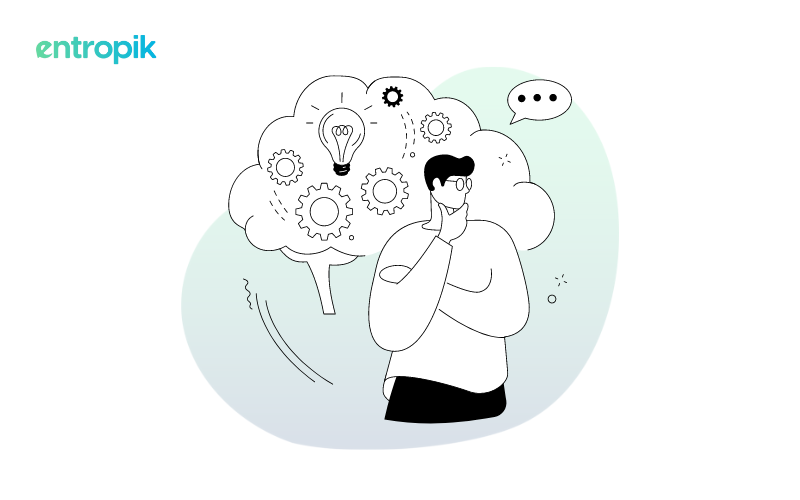












.jpg)


